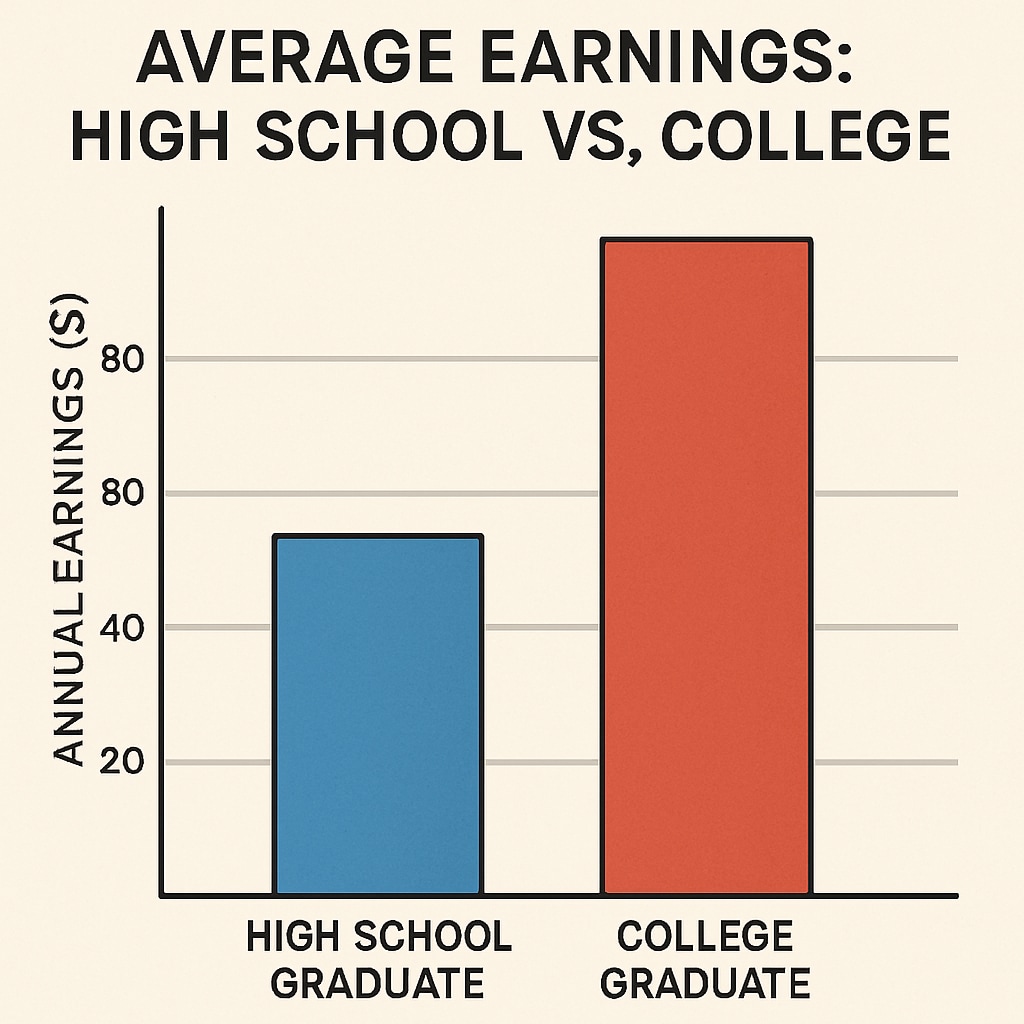In Arizona, a controversial employment policy has ignited debates over the value of education. The state government mandates a high school diploma for certain job applications while disregarding college degrees. This policy raises critical questions about employment discrimination and the true value of higher education. Is it logical for three college degrees to hold less weight than a high school diploma? This article explores the flaws in this policy and suggests ways to create a fairer system for evaluating educational qualifications.
Is This Policy Undermining the Value of Higher Education?
Arizona’s decision to prioritize high school diplomas over college degrees is a puzzling move. Traditionally, higher education has been seen as a pathway to specialized knowledge, career advancement, and economic mobility. Yet, this policy appears to devalue the hard work and financial investment that go into earning college degrees. For instance, consider a candidate with multiple degrees in fields like public administration or social work who is disqualified simply because they lack a high school diploma certificate.
Such practices raise concerns about systemic inequities. While requiring a baseline qualification like a high school diploma is understandable, ignoring higher qualifications entirely seems counterproductive. According to Britannica, education systems aim to equip individuals with skills to meet societal needs. However, Arizona’s policy may fail to align with this principle by sidelining highly educated individuals.

Employment Discrimination or Streamlined Hiring?
Critics argue that this policy amounts to employment discrimination. By focusing solely on high school diplomas, Arizona could inadvertently exclude qualified candidates, particularly those from non-traditional educational backgrounds. For example, immigrants and professionals who have earned degrees abroad may face barriers if their credentials are not recognized.
On the other hand, proponents of the policy claim that it simplifies the hiring process. They argue that a high school diploma ensures basic competencies such as literacy, numeracy, and discipline, which might not be guaranteed with some college degrees. However, this perspective overlooks the broader competencies and expertise that higher education fosters.

Rethinking Education Assessment in Employment
To address these issues, Arizona and other states should adopt more nuanced frameworks for evaluating educational qualifications. Here are some suggestions:
- Weighted Qualifications: Create systems where both high school diplomas and higher education degrees are considered, assigning proportional value based on job requirements.
- Competency-Based Assessments: Develop tests or certifications that measure practical skills, ensuring candidates meet job-specific criteria regardless of formal education.
- Recognition of Non-Traditional Education: Include provisions for assessing international degrees, online certifications, and vocational training.
As noted by Wikipedia, effective education policies should balance inclusivity and meritocracy. Arizona has an opportunity to lead by example, ensuring that education policies reflect the evolving needs of the workforce.
In conclusion, Arizona’s policy of prioritizing high school diplomas over college degrees is a stark reminder of the challenges in defining educational value. While the intent may be to streamline hiring, the unintended consequences highlight the need for more equitable and inclusive systems. By rethinking how qualifications are assessed, Arizona can address employment discrimination concerns while honoring the diverse paths individuals take toward personal and professional growth.


